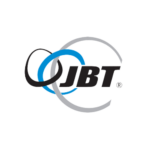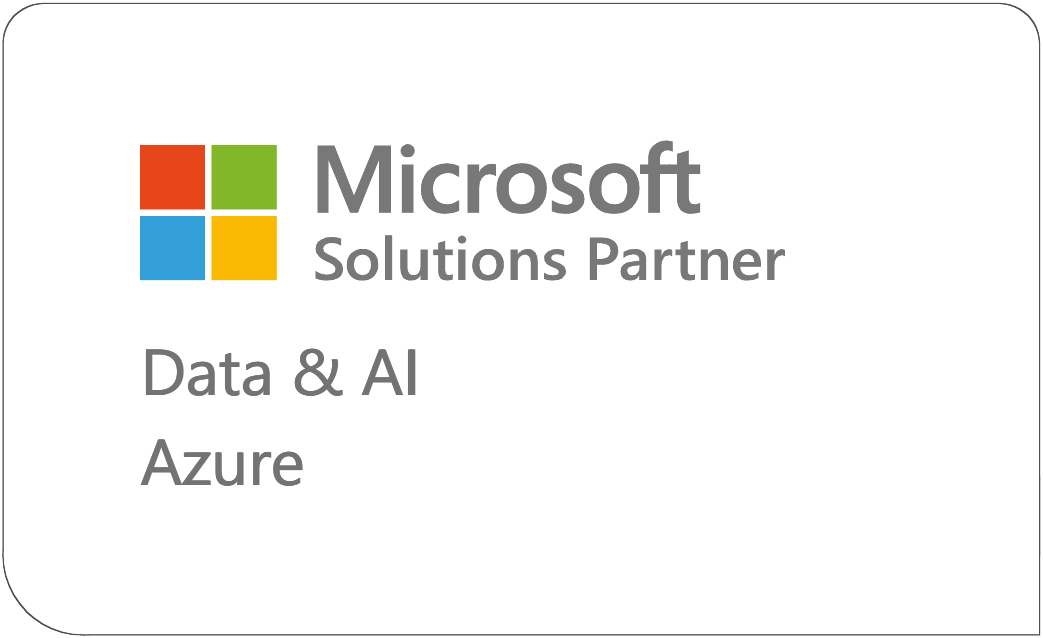Once enterprises discovered business intelligence, there was no turning back. Suddenly, every team wanted reporting capabilities. While data is undeniably powerful, unfettered access and inexperienced users pose a serious risk to data integrity—especially if they are flying by the seat of their pants with self-service BI tools like Power BI.
Governance is a must-have for today’s data-driven enterprises. A Power BI Center of Excellence (CoE) plays a fundamental role in meeting the goals of your data governance strategy, while increasing user adoption and maximizing Power BI’s incredible value. If you haven’t yet, the time is now to develop a Power BI Center of Excellence framework.
There’s a good chance your enterprise is experiencing one or more of the four most common data issues we see with enterprises we work with here at Collectiv. A Power BI Center of Excellence is one of the best solutions out there.
1. The Wild West of Reporting
Before BI tools took the enterprise world by storm, a select few in each organization were tasked to create and distribute reports. Now, 54% of businesses reported that Cloud BI tools are either critical or very important to operations, and that number is likely to continue rising.
However, as more users are tasked with measuring and reporting KPIs and performance, issues with data integrity run rampant. We call this chaos The Wild West of Reporting.
The Wild West of Reporting has led to more reports, more users, and fewer controls over data management. Reports are stored everywhere and new reports are constantly generated, leading to a lack of consistency when analyzing data.
When reports that look drastically different share inconsistent information across the enterprise, confusion and distrust begin to fester. A Power BI Center of Excellence helps rein in the reporting madness.
By creating and documenting policies and processes that guide daily Power BI usage, your enterprise will maintain reporting standards and improve data integrity. A reporting catalog of core reports limits which reports are used, while a measure dictionary defines key elements in reports to keep your teams on the same page.
2. BI Adoption Struggles
While some organizations struggle with too many people using BI tools, others find that their teams aren’t using the tool to its full advantage.
Training and support are essential to see the ROI of Power BI. Otherwise, employees struggling to produce reports or visualize data return to tried-and-true ways of reporting, like hours of analysis done in a dreaded Excel spreadsheet.
Even if Power BI saves your teams time, they aren’t likely to use the tool if they don’t trust that the data is credible and effectively managed.
A Center of Excellence model connects your Power BI champions with users, empowering teams with helpful resources and support to help them use the tool effectively. Defined processes make it easier for teams to adopt the tool and use it for their unique reporting needs consistently.
3. Data Inconsistency
There are tons of benefits to self-service BI tools, but self-service comes with plenty of risks too. Without clear guidelines on what data sources are acceptable and how to add relevant data, your reports may be filled with incomplete, incorrect, or duplicate data.
Inexperienced users inevitably make changes that impact other people’s reports, causing data inconsistencies to snowball. As more people access and touch data, it becomes harder to maintain a single source of truth. Without a governance strategy in place, data becomes less credible and, ultimately, less useful.
A Power BI CoE takes ownership over data management, ensuring that data integrity is maintained. By defining data sources and data lineage, stakeholders across the enterprise maintain best practices that foster data credibility.
The CoE also regularly audits usage analysis to track how data is being utilized across different business units, which helps stakeholders find the source of consistency issues faster.
4. Silos Creating Issues at Scale
In order to make accurate decisions, the whole enterprise must use the same data. And, that data better be good.
Silos make overarching decisions based on advanced analytics difficult, and often…impossible. Consistent adoption, clear data lineage, and regulated use of BI tools make an enterprise-wide data-driven culture possible.
When every team is working off a single source of truth, the enterprise has an opportunity to scale and grow. If you don’t have a reliable way to publish data and reports across the organization, decisions are drawn out and poor decisions are made on inconsistent data.
A Power BI Center of Excellence develops standards that help teams across the enterprise use the tool consistently. Documented processes and policies keep teams aligned, while ongoing training helps teams grow at similar rates.
When the Center of Excellence understands the business use cases for data and has champions from different business units, new solutions are developed that help the enterprise scale and succeed.
Consistent vision is the cornerstone of a successful Power BI Center of Excellence. When stakeholders are on the same page, it becomes easier to defeat even the most complex data problems.
Our Power BI Visioning Program provides tailored best practices, recommendations, and strategies to help you build a CoE that solves your top data challenges. Be sure to



























